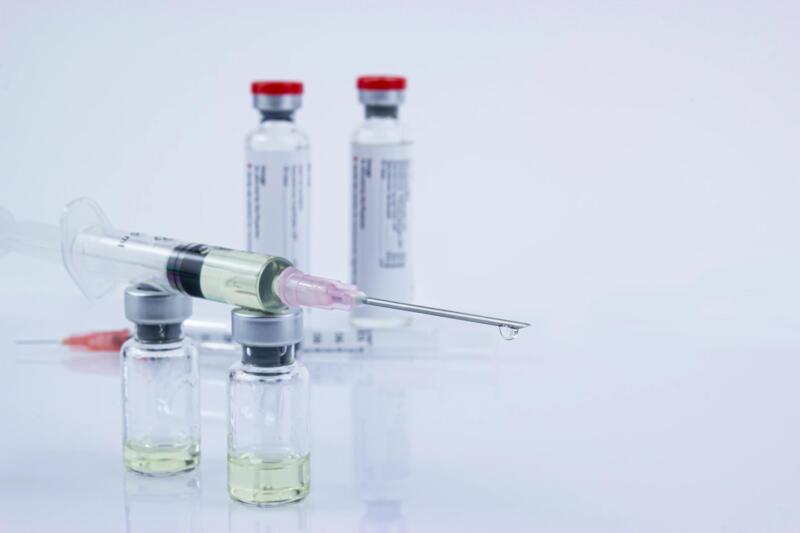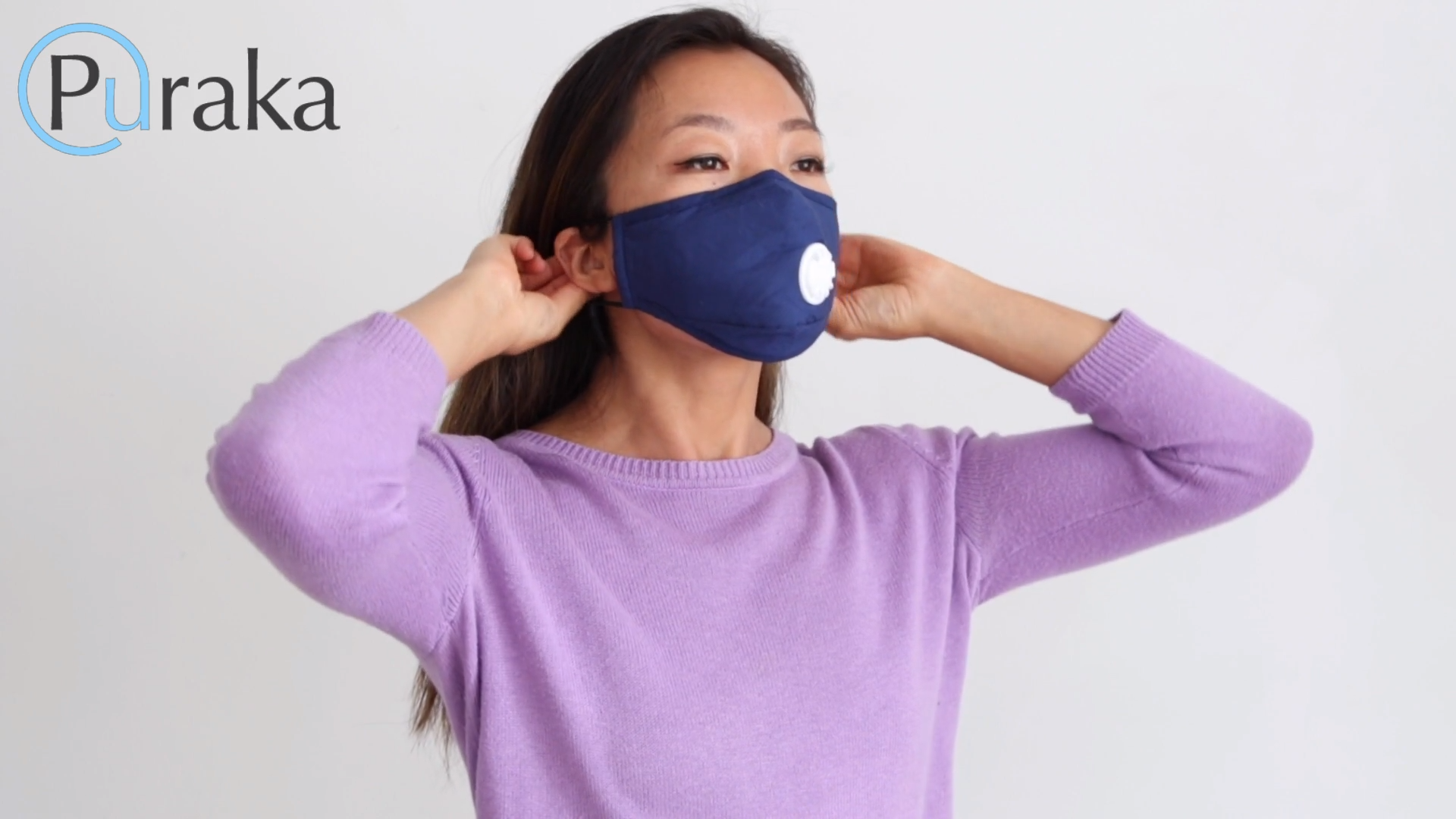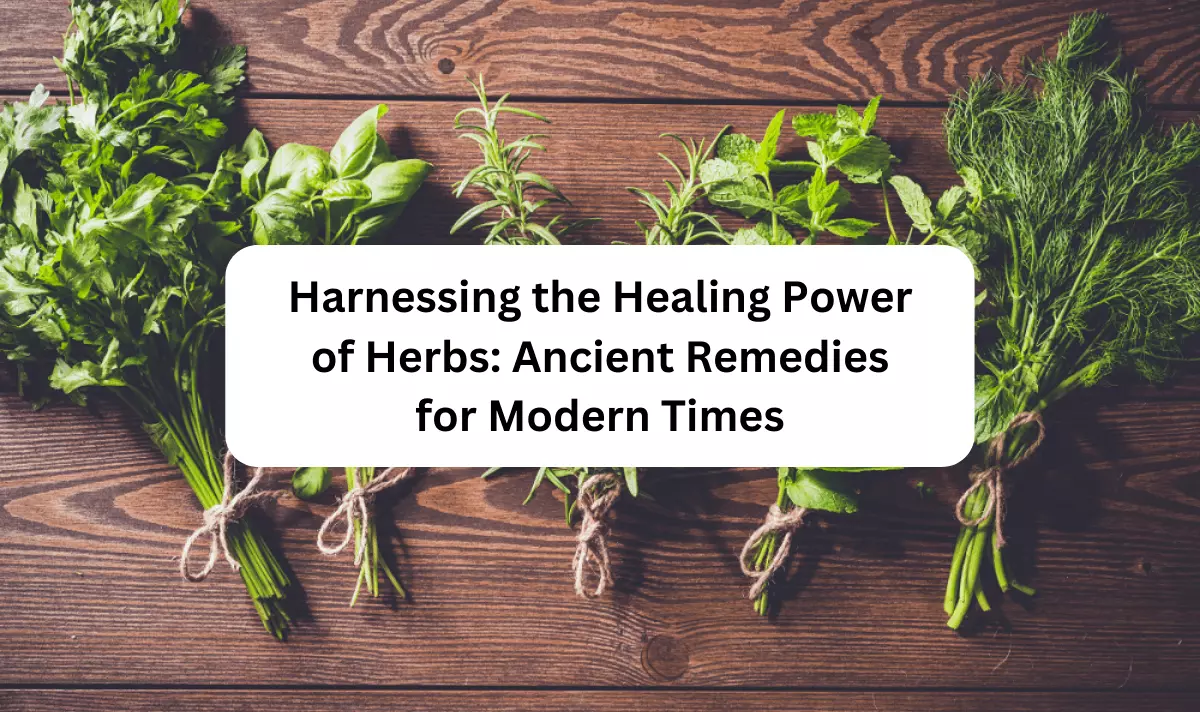Peptides have gained significant attention in recent years for their potential benefits in areas such as health, fitness, anti-aging, and medical treatments. Whether you’re new to the peptide market or looking to expand your knowledge, this guide will provide you with everything you need to navigate the process of buying peptides in the U.S., focusing on quality, legality, and finding trusted suppliers.

Content
What Are Peptides?
Peptides are short chains of amino acids that serve as building blocks for proteins. In the body, they are involved in numerous essential biological processes, such as cell signaling, immune response, and hormone regulation. Many people use peptides for their potential to enhance muscle growth, aid in fat loss, improve skin health, and support recovery. In the U.S., peptides are commonly used in the research, medical, and athletic fields, but they are also becoming increasingly popular for general wellness.
Are Peptides Legal in the U.S.?
Before purchasing peptides, it’s crucial to understand the legal framework surrounding their sale and use in the U.S. Peptides are classified differently based on their intended purpose. Some peptides are approved for medical use and can be obtained only through a prescription from a licensed healthcare provider. These include peptides used for anti-aging, weight loss, and other medical treatments.
However, research peptides—which are not intended for human consumption but are used in laboratory studies—are generally legal to purchase without a prescription. Many suppliers sell peptides as “research chemicals” to comply with U.S. law. It’s important to note that these peptides are not regulated for safety, efficacy, or purity when used in humans, so they are intended solely for research purposes.
Key Factors to Consider When Buying Peptides
When buying peptides in the U.S., there are several important factors to keep in mind to ensure you’re purchasing safe, high-quality products.
1. Purity and Quality
Purity is one of the most important aspects when purchasing peptides. Low-quality peptides may contain harmful impurities that reduce their effectiveness or even cause harm. Look for suppliers that provide a Certificate of Analysis (COA) from a third-party laboratory to confirm the purity and composition of their products. Ideally, peptides should have purity levels of 98% or higher to ensure their quality.
2. Reputation of Suppliers
Choosing a reputable supplier is essential to ensure you’re getting high-quality peptides. Look for suppliers with a long-standing presence in the industry, positive customer reviews, and clear, transparent product information. Reliable suppliers should offer customer support, detailed product descriptions, and straightforward shipping policies.
3. Pricing
While price can be an indicator of quality, it’s important to compare different suppliers to avoid overpaying for peptides. Be cautious of extremely low-priced products, as these may be counterfeit or of poor quality. Instead, look for suppliers that offer competitive prices while also providing proof of product quality, such as third-party testing results.
4. Legal Compliance
It’s essential to ensure that the supplier you choose is in compliance with U.S. regulations regarding peptide sales. Research peptides should not be marketed or sold for human consumption unless they are licensed for specific medical use. Be wary of suppliers that make unverified claims about their peptides, such as promising results for muscle gain or fat loss, as this may indicate they are not adhering to the proper legal guidelines.
5. Shipping and Packaging
Peptides are sensitive molecules and can degrade if not stored and shipped properly. Ensure that your chosen supplier uses appropriate packaging and storage conditions to maintain the peptides’ potency during transit. This could include cold storage or insulated packaging, especially if shipping over long distances. Additionally, make sure the supplier has clear shipping policies and offers reliable delivery timelines.
Where to Buy Peptides in the U.S.
There are several avenues to consider when buying peptides in the U.S., including reputable online suppliers and healthcare providers.
1. Online Peptide Suppliers
The most convenient and common way to purchase peptides in the U.S. is through online suppliers. Many reputable suppliers offer high-quality research peptides that meet strict safety and quality standards. When purchasing online, ensure that the supplier provides transparency regarding their testing processes and the origins of their products.
2. Medical Professionals and Clinics

If you’re looking for peptides for medical purposes, such as anti-aging treatments or weight loss, it’s best to consult with a licensed healthcare provider or visit a medical clinic. Some peptides, such as Semaglutide or Tirzepatide, require a prescription and are only available through licensed medical professionals. Always consult a healthcare provider before using peptides for medical treatments to ensure they are suitable for your needs and used safely.
Tips for Safe Peptide Shopping
When purchasing peptides in the U.S., following these tips can help ensure a safe and successful experience:
- Research the Supplier: Before making any purchases, read customer reviews, check forums, and ask for recommendations from trusted sources within the peptide or research community.
- Verify Testing Results: Only purchase from suppliers that offer third-party testing results to confirm the peptides’ purity and safety.
- Check Shipping and Storage Conditions: Ensure that peptides are stored and shipped under the right conditions to maintain their integrity and effectiveness.
- Consult a Professional: If you’re buying peptides for health or medical purposes, always consult a healthcare provider to ensure they are appropriate for your specific needs.
Conclusion
Purchasing peptides in the U.S. can be a safe and effective way to explore their potential benefits for health, wellness, or research. The key to making a successful purchase is choosing a reliable supplier, verifying the quality of the peptides, and ensuring compliance with legal guidelines. By following the advice in this guide, you can make informed decisions and enjoy the many potential benefits peptides have to offer.
Whether you are purchasing for research or personal health reasons, understanding the proper procedures for buying peptides is essential for both safety and effectiveness. By choosing reputable suppliers, confirming product quality, and following legal and medical advice, you can confidently explore the potential of peptides.

Alina Smith is a health blog author with an interest in the intersection of wellness and mental health. She’s worked as a writer, editor, and communications specialist for various healthcare organizations. Alina has also led projects to improve access to care for underserved populations in both rural and urban settings.












